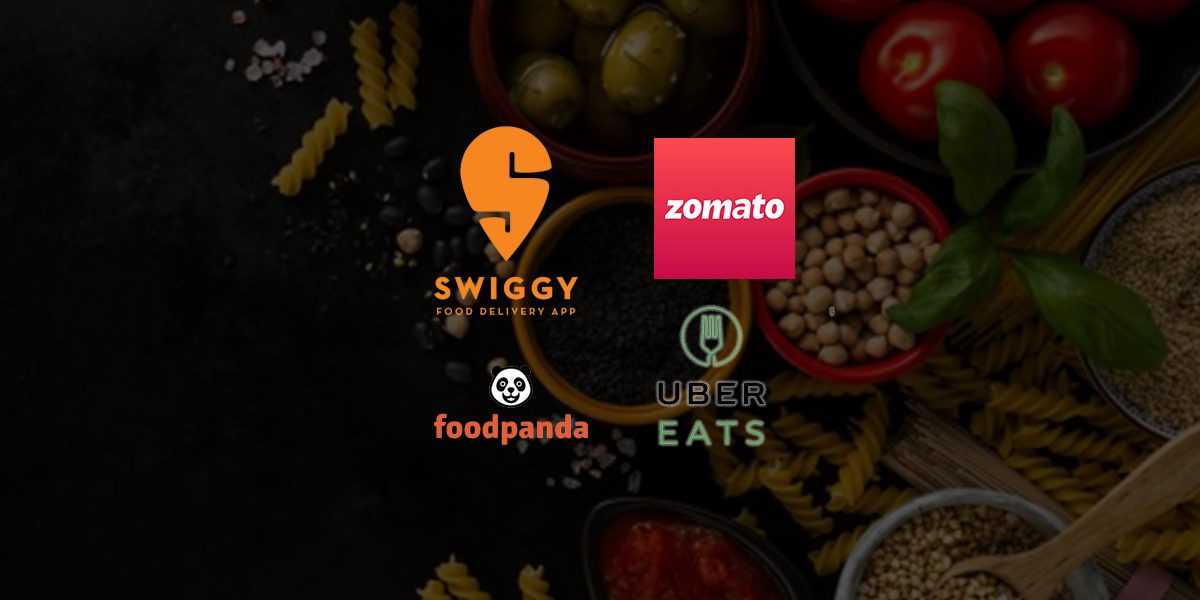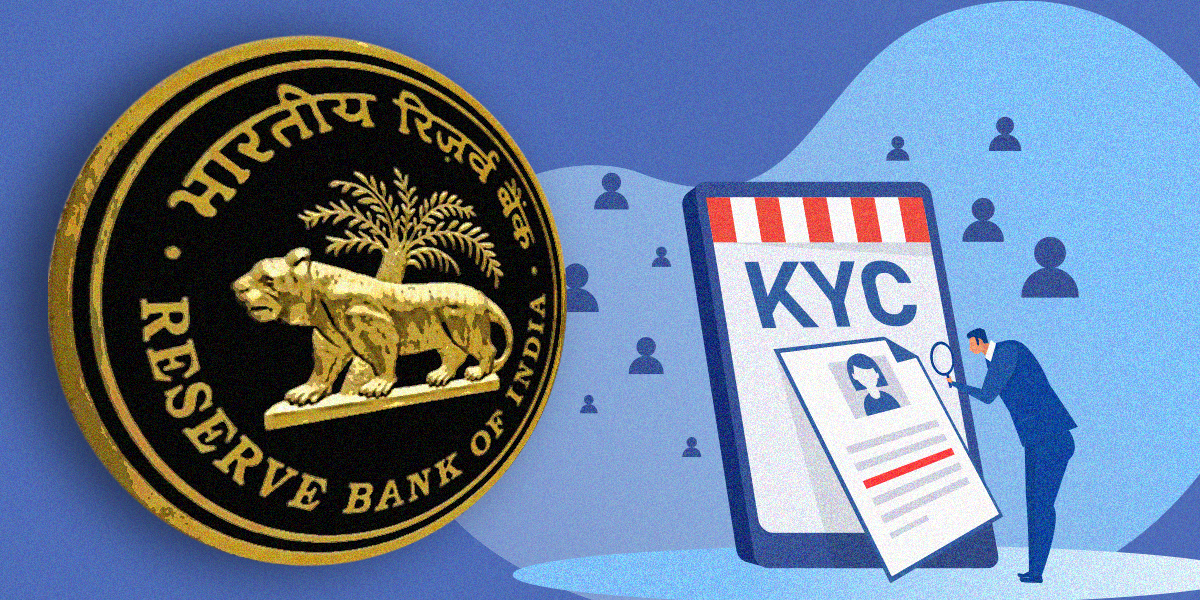Taking note of the peculiar problems faced by online food aggregators such as Zomato, Swiggy, and UberEats in goods and services tax (GST) compliance, the government has referred the matter to a law committee under GST Council.
The aggregators are unable to show tax collected at source (TCS) from restaurants using their platform, thereby preventing the partner restaurants from claiming credit.
The industry had been pressing on for resolving the issue. Now the government has decided to get the matter examined by the law committee, a government official privy to the developments was quoted as saying in a report appearing in ET.
The problem arises from a bar on goods and services composition dealers from registering with e-commerce platforms. This prevents food aggregators from filing TCS collected from partner eateries — that are also under the composition scheme — on the GSTN portal.
The restaurants enjoy a carveout under the composition scheme are thus permitted to register with e-commerce platforms. But with their TCS not being recorded on the GSTN portal, the restaurants cannot claim credit or refund.
This particularly hits small restaurants’ cash flow. The composition scheme allows small businesses to opt for a fixed rate of tax — 5 per cent in case of restaurants — on their turnover, without the tedious compliance and paperwork.
To ease out the problem, the government is considering if a carveout needs to be created for small restaurants under the TCS regime. The GSTN is also working on the online utility to facilitate this.
E-commerce players are allowed to deduct 1 per cent tax (TCS) on payments made to their suppliers under the GST regime. The provision came into effect from October 1, 2018.
Experts say a mechanism needs to be in place soon. The matter has been pending for long. The GST Council needs to take a call either to remove the requirement of TCS on restaurant services for supplies by composition dealers or provide a mechanism to allow the e-commerce operator to file a return for TCS deducted in such cases.
Others say it may be imperative to relook at the whole TCS itself as it is leading to unwarranted compliance issues and preventing small businesses, particularly those supplying goods, from transacting on the e-commerce platform.
More than 100,000 restaurants have partnered with these online food delivery service providers and around 70 per cent of orders on these platforms are through digital payments, according to an industry study shared with the government.














